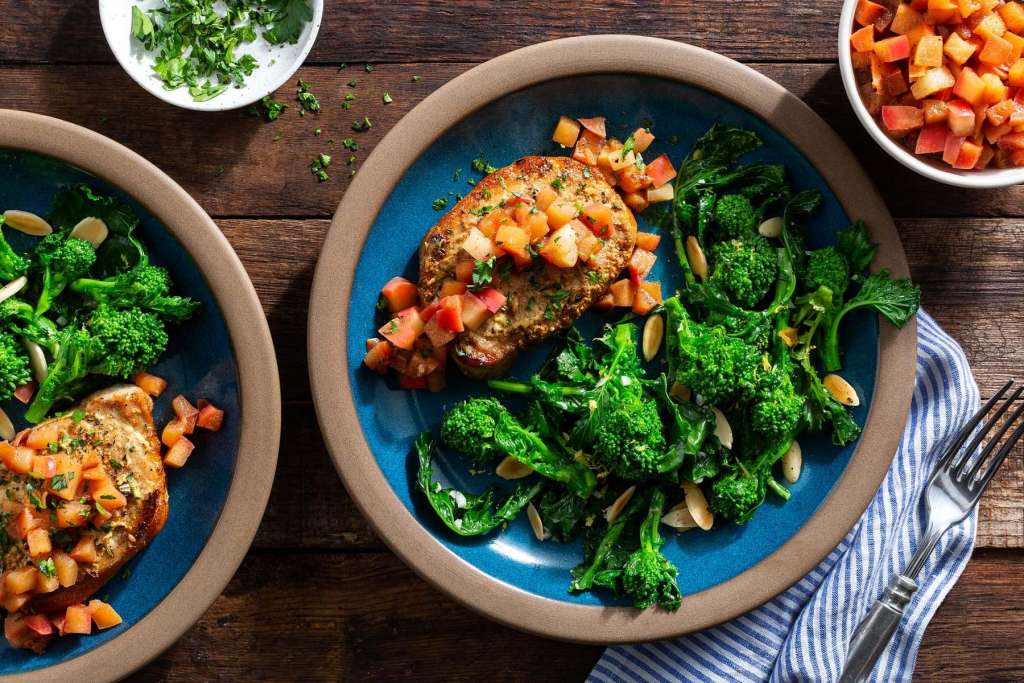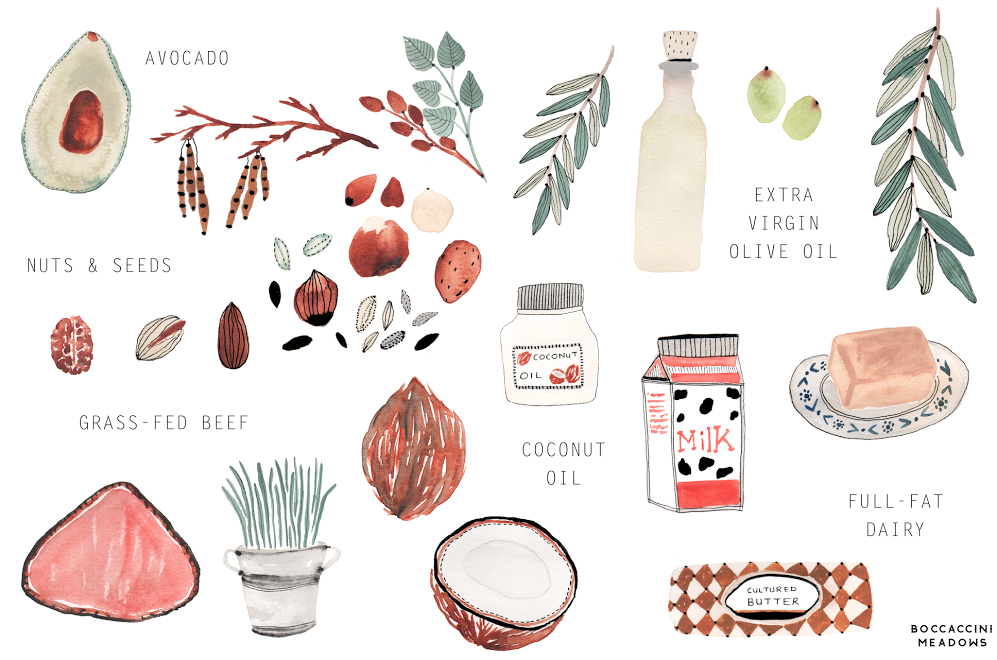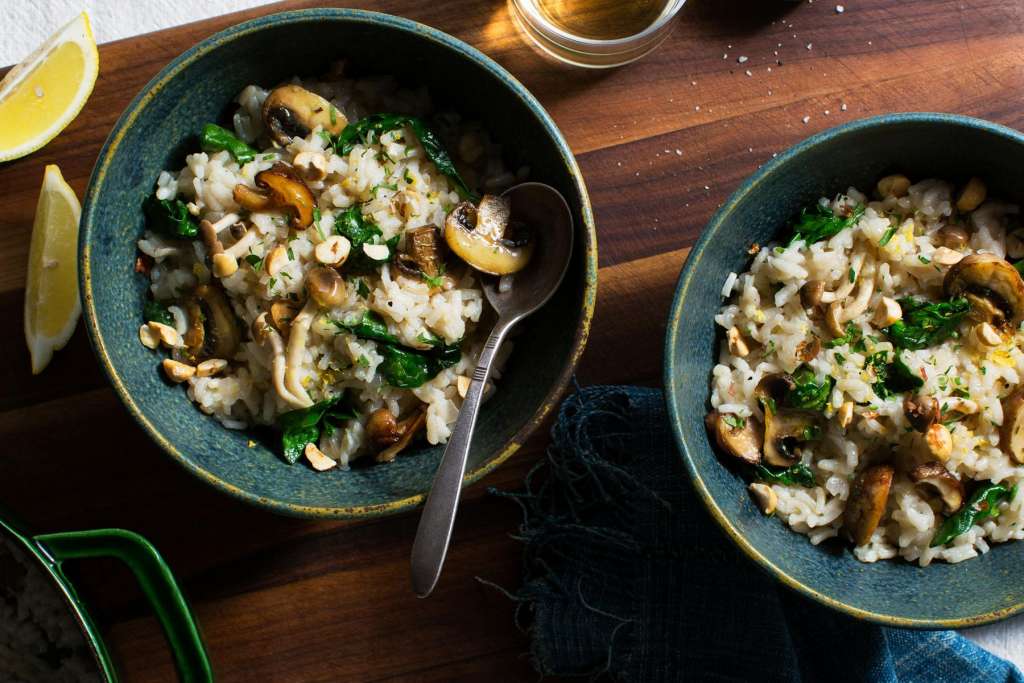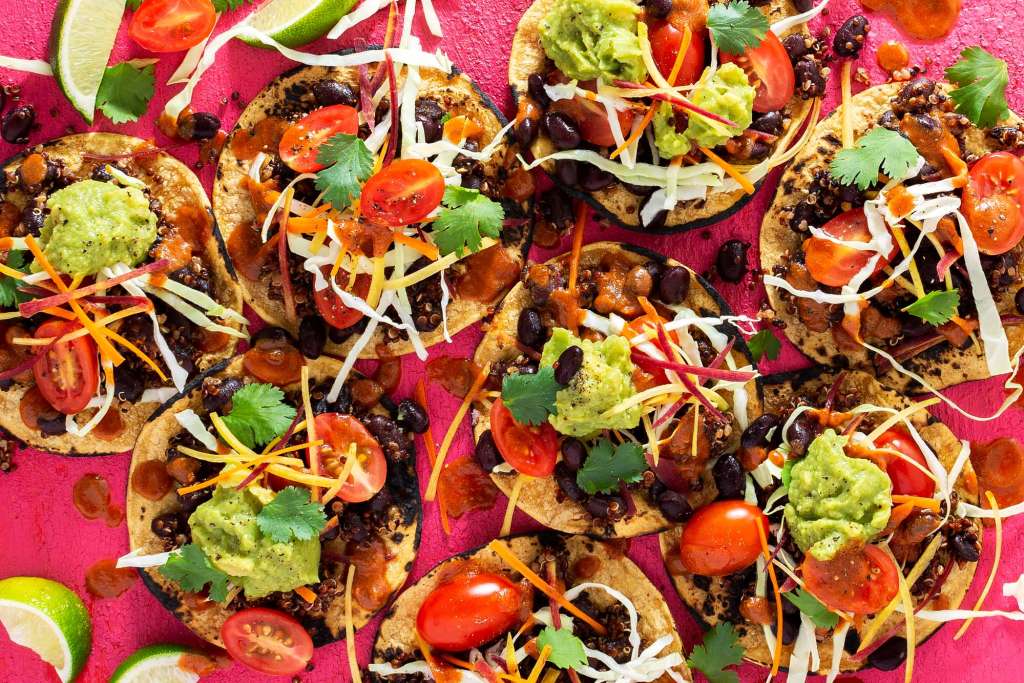Get Smart About Carbohydrates

All month, Dr. Katz is helping us sort facts from fictions and dispel myths about healthy eating. This week, he takes on carbohydrates, a vast nutrient category that’s often demonized and widely misunderstood.
Many people try to limit their carbohydrate consumption. Is that something you recommend?
The most nourishing foods on the planet—vegetables, fruits, legumes, whole grains—all contain carbohydrates, so limiting or avoiding this macronutrient altogether means depriving your body of some of the most nutrient-rich, health-promoting foods available. The question isn’t whether you should limit carbohydrates, but instead, which carbs you should eat more of. Smart carbs—whole fruits, vegetables, and other plant foods—should be part of every meal. When you eat unprocessed foods, you get the whole package—nothing lost or added—and score all the health-promoting benefits.
Carbohydrates are the body’s number one source of fuel, and hardly an enemy of healthy eating. In the end, good health isn’t defined by the number of carbohydrates, proteins, or fats you eat, it’s defined by the quality of your food choices. Any ratio of fats, proteins, and carbs can promote health, as long as they come from nutrient-rich whole foods like fruits, vegetables, whole grains, beans, nuts, seeds, and legumes. These complex carbohydrates are not just packed with fiber, vitamins, and nutrients, they can also help provide energy throughout the day.
Some people avoid eating gluten in an attempt to be healthy. What are your thoughts on going gluten-free? Are there certain people who should avoid gluten?
Gluten is a complex protein molecule found in wheat and barley, a variety of other grains, and in many processed foods—it is by no means toxic. Many foods that are sources of gluten are highly nutritious and rich in vitamins, minerals, and especially fiber—a very important nutrient that the standard American diet tends to lack. Cutting out gluten-containing grains from one’s diet increases the risk of getting far too little dietary fiber with no nutritional advantage.
That said, there are certain reasons to avoid gluten. About 1 percent of the population has celiac disease, a condition in which the immune system makes antibodies to gluten. Another 10 percent of the overall population seems to have some level of gluten intolerance, even in the absence of antibodies. Gluten intolerance is not as serious as celiac disease, but it is a reason to avoid gluten. This leaves about 90 percent of the population who can eat gluten. Most of us will not derive any benefit from avoiding it. If you feel you might have a problem digesting gluten, don’t self-prescribe a gluten-free diet. It’s important to work with a health professional when making decisions about which foods to exclude from your diet. Going gluten-free without a medical diagnosis can do more harm than good.
Diets that isolate a single macronutrient—low carb, high protein, no fat—have been popular for decades, but the truth is that these plans don’t provide the benefits of a more holistic approach to eating. The truly healthy way to eat is to simply fill your plate with a diverse selection of wholesome, unprocessed foods, most of them plants. Get the foods right, and the macronutrients will take care of themselves.
By refusing to swing with the pendulum that declares one macronutrient good and another one bad, you can focus on what really matters: cook real food, gather at the table, laugh out loud, and enjoy your meals. At the end of the day, that’s all the nutrition advice you really need.
Dr. David Katz, Sun Basket’s Chief Science Adviser.
Dr. Katz is globally recognized as a leading authority on nutrition, wellness, and the prevention of chronic disease, having served as the founding director of the Yale-Griffin Prevention Research Center, president of American College of Lifestyle Medicine, founder of the nonprofit True Health Initiative, and the author of The Truth About Food. In the year ahead, Dr. Katz will collaborate with Executive Chef Justine Kelly and our dietitians to inspire recipes, educational content, and wellness tools to empower you to discover Your Kind of Healthy.
Find Your Kind of Healthy on the Sun Basket menu this week
One great way to get more complex carbohydrates into your diet is with our Quinoa and Black Bean Tacos with Cabbage Slaw and Rosemary-Dijon Pork Chops with Chunky Applesauce and Broccoli Rabe. Both feature nutrient-rich carbohydrates, and provide more than 40 percent of daily recommended fiber.









